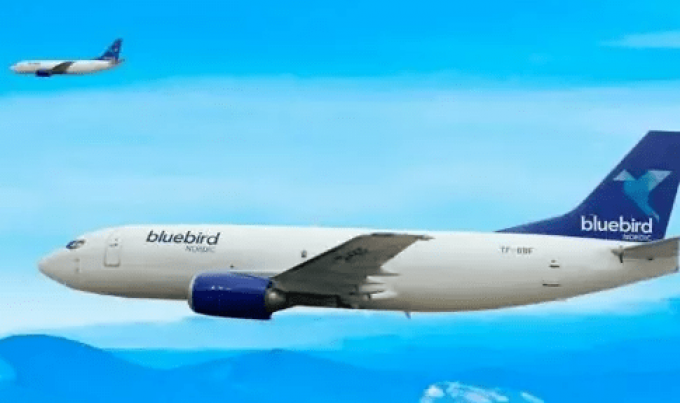'A market ripe for disruption' says FedEx, as it targets air cargo traffic
FedEx is aiming to take a bigger bite out of the traditional air cargo market. Four ...

Bluebird Nordic’s new chief executive, Audrone Keinyte, told The Loadstar she has big ambitions for the cargo ACMI market and plans to expand capacity and add more widebody freighters.
In December, the specialist freight operator, based out of Reykjavík, Iceland, signed lease agreements for three 777-300ER aircraft, with plans to go through passenger-to-freight conversions in 2024.
“If everything goes according to plan, we might add more widebodies to the Bluebird Nordic fleet,” Ms Keinyte said.
The three 777s join the fleet at an ...
Asia-USEC shippers to lose 42% capacity in a surge of blanked sailings
USTR fees will lead to 'complete destabilisation' of container shipping alliances
New USTR port fees threaten shipping and global supply chains, says Cosco
Outlook for container shipping 'more uncertain now than at the onset of Covid'
Transpac container service closures mount
DHL Express suspends non-de minimis B2C parcels to US consumers
Zim ordered to pay Samsung $3.7m for 'wrongful' D&D charges
Flexport lawsuit an 'undifferentiated mass of gibberish', claims Freightmate

Comment on this article